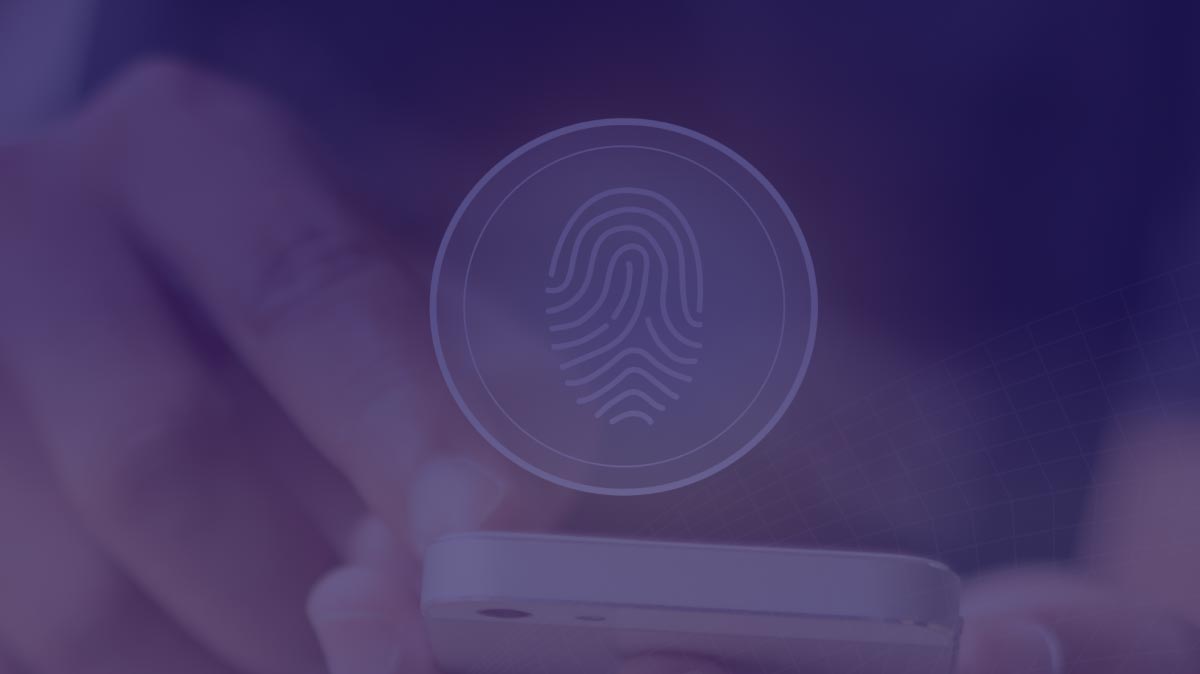Authentication in 2024: Transitioning from Social Login to Biometrics & Passkeys
Rooly Eliezerov
DECEMBER 19, 2023 • 1 MIN READ

Over a decade ago, TechCrunch spotlighted the burgeoning trend of social logins, with Gigya pioneering the movement. This same innovating team, now under the banner of OwnID (with Gigya later being acquired by SAP), is heralding the transition to biometrics and passkeys, pushing social logins to the sidelines.
Rooly Elizerov, the co-founder of both Gigya and OwnID, asserts, "The era of social login is drawing to a close." Passkeys offer the seamless one-click login convenience that has far surpassed social login's popularity, and without the associated drawbacks. "Many leading B2C firms are now distancing themselves from social logins, and for varied reasons" he notes.
Understanding the Social Login Giants: Google & Facebook
Sure, logging in via Google or Facebook offers user convenience, but there's a catch. Every such login notifies these behemoths about your activity, feeding their already extensive data repositories.



